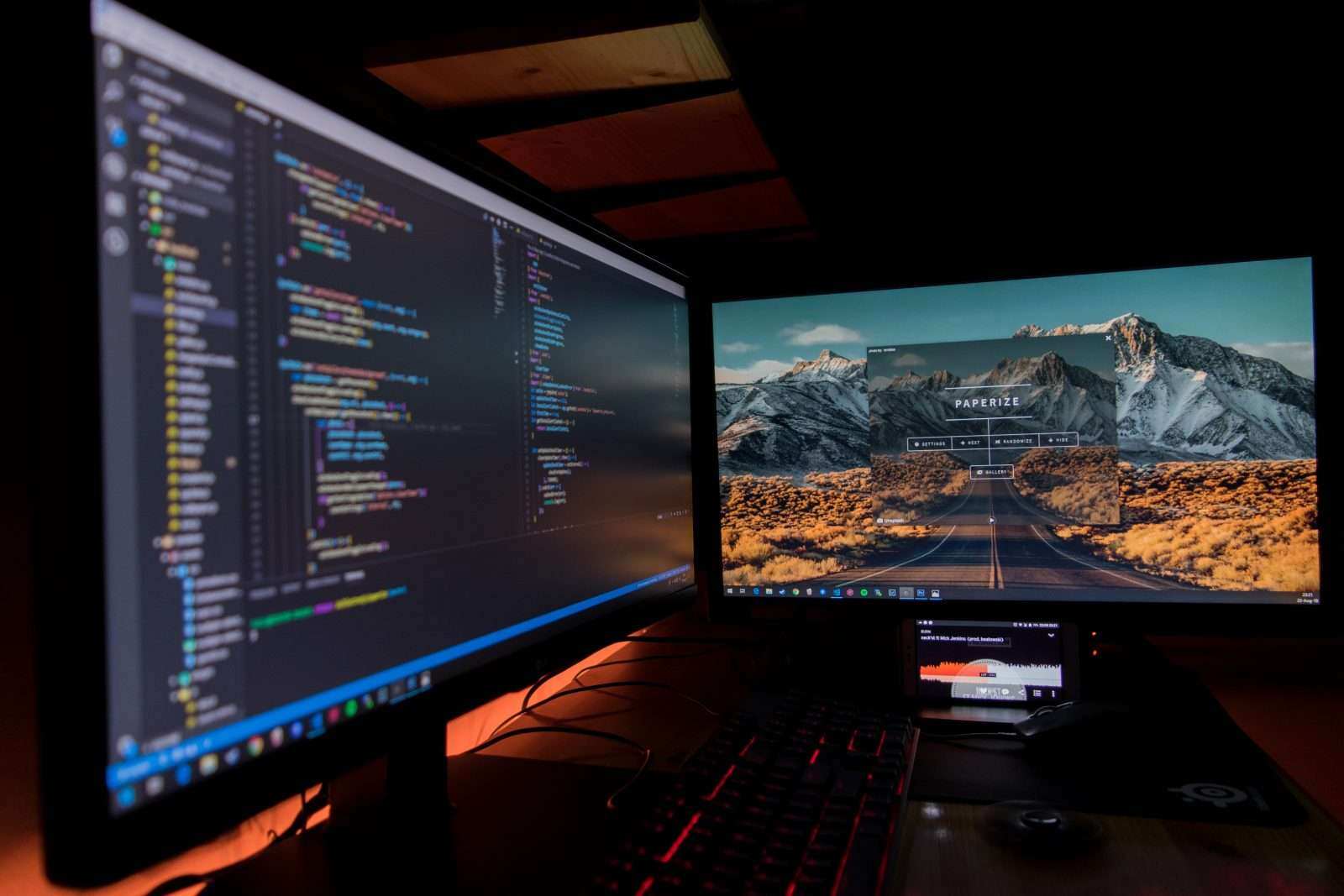Contents
Originally published by the HR Director. This article by Oliver Muhr, Starmind CEO, discusses why sourcing talent is a present and growing risk to the global economy and how businesses can bridge the gap through in-house skill development.
By 2030, a deficit of 85.2 million workers is expected. To put it in perspective, that’s a skill deficit equal to over half of the U.S. workforce, or greater than the entire population of Germany. And, it’s expected to have a staggering $8.5 trillion impact through unrealized annual revenue.
However, while the threat is growing, the effects of the skills crisis are already impacting businesses and their employees today.
Eighty-three percent of HR professionals say they have experienced difficulty recruiting suitable job candidates in the past 12 months, and according to IBM, 60 percent of executives are struggling to keep workforce skills current.
As competition for talent intensifies, businesses must look internally—rather than externally—to source the skill sets they need. The most successful businesses will realize that their employees are the most valuable resource they have.
Organizations, therefore, need to shift their focus investing in their greatest asset by upskilling and reskilling their employees. Our recent study of 1,000 knowledge workers in the US and the UK found that just 38 percent of knowledge workers’ intelligence and expertise are used at work, meaning organizations are currently harnessing less than half of the potential of their workforce.
Wasting this potential is fueling a significant productivity drain that costs businesses millions of dollars each year. Not only does this impact businesses’ bottom-line but also directly influences overall employee satisfaction and retention.
As the war for talent, expertise and skills heats up, businesses need to do more to harness and maximize the value of intellectual capital available to them within their current workforce.
It’s a battle that human-inspired AI can help businesses win.
Bridging the skill gap through in-house talent development
Sought-after experts, whether data scientists or policy experts are increasingly difficult and costly to secure through recruitment. Not only are current jobs hard to fill, but future jobs with specialist skills will be nearly impossible for regular businesses to fill by recruitment.
It’s essential that companies do more to leverage and build the skills of their existing workforce. Leveraging human intelligence and skills to impact employee satisfaction and retention are what the best businesses are already doing.
Amazon is an excellent example of a company looking inward to solve some of its skill shortages—announcing $700 million investment toward upskilling 100,000 employees over the next six years.
In-house skill development allows organizations to hone the specific skill sets they need. Crucially, it also sidesteps the cost of hiring, which can reach as much as 200 percent of a salary, according to research.
To fill skill gaps, though, organizations need to know where existing talent lies within an organization.
At most organizations, creating skill profiles is a manual, resource-intensive process that is difficult for HR departments to scale. Many of the biggest enterprises have entirely lost sight of where expertise resides.
This is where AI can transform HR processes and teams: By sifting through the vast and growing data-pools that make up employee knowledge and building from them a skill profile of what information resides where.
This boosts the ability of individuals to see where their skills fit, share them and learn from one another.
The vast majority (83%) of employees say that they are happier at work when doing just this. And organizations get to reskill and develop talent without spending more on recruitment.
Extracting untapped and hidden human intelligence to upskill employees
Every company wants to retain experienced, quality talent. But people move on and when they do, they take the majority of their knowledge with them.
Trying to fill the skill gap left when a team member leaves is difficult at the best of times. When an employee leaves, the organization only has access to a fraction of their intelligence—intel filed away on G Drive or within threads on apps. The company loses all other valuable know-how, e.g., the judgment and critical thinking they use daily that could help solve problems faster.
Even worse, without skill mapping tools or technology, many companies are blind to—or unaware of—the skills they’re losing.
Building an ‘organizational brain’ made up of employees’ collective intelligence can reveal (and provide access to) previously hidden or hard-to-reach intel that people have, but haven’t recorded or shared. It also highlights who knows what in an organization, allowing businesses to extract meaningful intel and expertise ahead of people moving on to a different role.
Access to this brain can help new joiners rapidly share their skills and proactively find the knowledge they need, while simultaneously retaining the knowledge from those who leave the business and upskilling current employees.
AI is a human-powered resource that will transform businesses
With an estimated $15.7 trillion benefit to the global economy by 2030, the 2020s will be a tipping point for businesses to unlock the benefits of AI.
Employees recognize its power too, with 70 percent saying they believe AI adds value and can help them be more effective, according to our research.
It’s human-inspired AI (rather than AI alone) that presents a game-changer for businesses and talent specialists.
This technology will make it easier for organizational experts to be identified, undocumented knowledge to be harnessed and existing skills to be better utilized and developed. Harnessing the power of collective human intelligence is what will set the most successful companies apart.
For organizations wrestling with bridging the skill gap facing them, embracing human-first AI is the solution to secure a slice of the $15.7 trillion windfall that it offers.



